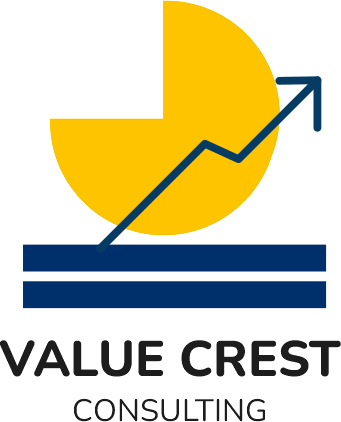When the Outcome Isn’t What You Expected
Every business journey starts with some version of a plan.
You analyze the market. You pick your product strategy. You define a customer segment. You assemble a team. You prepare for risks.
You try your best to get it right.
But the reality is—some things will still go off script.
And that’s not the problem. The problem is when we fail to use those moments as opportunities to grow, adapt, and strengthen our organizational maturity.
The Assumption Fallacy
Let’s say you launch a new GTM campaign you were sure would convert well.
Or you onboard a partner you believed would unlock a new channel.
Or maybe you roll out a pricing change that looked solid in the spreadsheet.
And then—nothing.
The results don’t match the forecast. And suddenly the very assumptions that felt airtight now feel shaky. The reflex response? Move on. Try something else. Brush it off as a one-off.
But here’s the thing: this is the moment that defines a learning organization.
Real Learning Isn’t Passive
Most companies say they’re “learning-focused.” But in practice, that often means nothing more than internal chatter or quiet reflection.
True learning happens when it shows up in decision-making.
- Are we capturing what went wrong (or right)?
- Are we looping those lessons into the next planning cycle?
- Are we changing the inputs—not just tweaking the presentation?
Because if learning doesn’t change behavior, it’s not learning. It’s just memory.
Not Everything Deserves a Postmortem—But Some Things Do
You don’t need a committee meeting every time something misses the mark. But patterns matter. And mature businesses don’t just look at outcomes—they dig for the insight beneath them.
- Why did this assumption not hold?
- What blind spots did we ignore?
- How do we surface these misreads earlier next time?
The Shift from Correction to Conscious Rhythm
One of the biggest signs of organizational maturity is when course correction becomes a rhythm—not a reaction.
It’s when feedback loops are built into your:
- Product reviews
- Sales forecasting
- Team performance conversations
- Customer success frameworks
Not because something went wrong—but because that’s just how you operate.
Learning Is a Team Sport
Here’s something that often goes unsaid: learning gets stifled when people fear that “owning the miss” will reflect poorly.
That’s why culture matters.
If people aren’t safe to say, “This didn’t go how I thought,” you’ll never get honest inputs. You’ll get spin.
And if leadership isn’t curious about those inputs, even the most diligent teams will stop bothering to share them.
The Founder’s Role in Shaping This
In early-stage and growing companies, learning isn’t an HR program. It’s a leadership behavior.
- Do you create space to discuss what didn’t go as planned?
- Do you ask follow-up questions with interest—not judgment?
- Do you treat misses as noise—or signals?
From MIS to ATR: Closing the Loop
Management Information Systems (MIS) are common. But what matters more is what follows.
- Is the data showing where we’re off track?
- Is someone responding to those deviations with clarity?
- Is there an Action Taken Report (ATR) that closes the loop and informs the next move?
The sophistication of a business doesn’t lie in how beautiful the dashboard is. It lies in how real-time, reflexive, and responsive it is to what the dashboard reveals.
A Thought to Leave You With
Business growth doesn’t come from getting it right all the time. It comes from building the ability to learn, adapt, and align quickly when you don’t.
So the next time something doesn’t go as planned, don’t rush past it.
Ask: What just happened? What does it tell us? And how will we change because of it?
That’s where real maturity begins.
Contact us at the Consulting WP office nearest to you or submit a business inquiry online.

